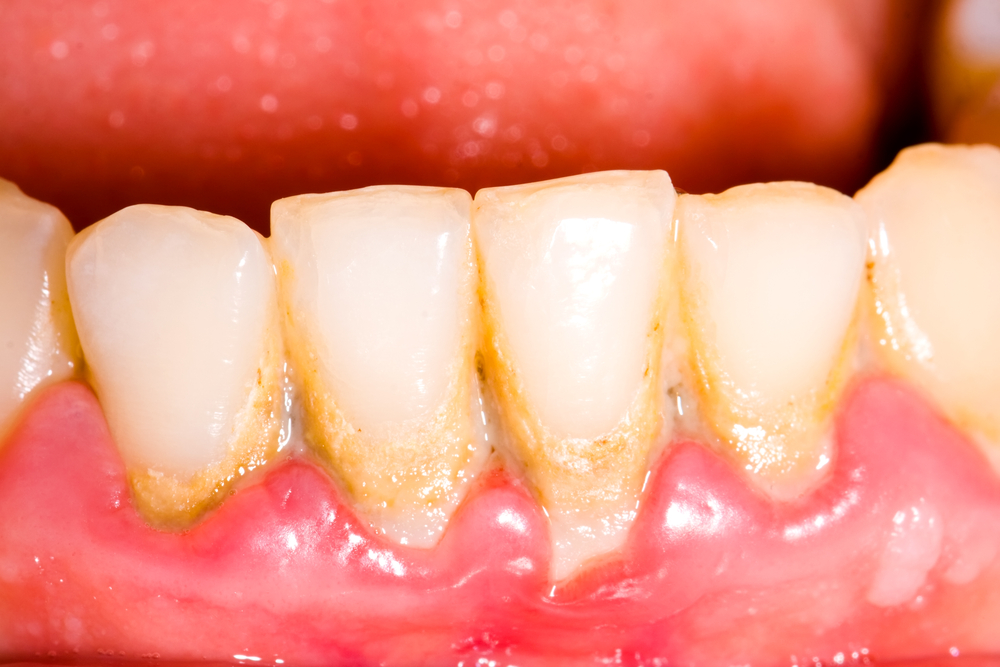Periodontal disease is a growing concern in the United States, affecting about half of adults above 30 years old. If it remains unattended, this condition can lead to tooth loss, the need for orthodontic procedures, as well as a slew of other health complications. For this reason, the staff at 286 Madison Dental set out to provide extensive diagnostic procedures and treatment to patients to help restore their gum health. Explore your care alternatives by scheduling a consultation with one of the skilled Midtown periodontal gum diseases specialists today through mobile or book online.
What Exactly Are Periodontal Diseases?
Periodontal diseases, often known as gum diseases, are severe bacterial infections that wreak havoc on the mouth’s gums and neighboring tissues. If the swelling is not addressed, the condition will progress, and the supporting bone around the teeth will erode, causing the teeth to fall out.
Periodontal disease is not always painful; thus, it is possible to have it without your awareness. Therefore, it is best to arrange frequent dental exams with your provider to check your gum’s health.
What are the Signs and Symptoms of Periodontal Diseases?
The symptoms of periodontal diseases might vary from person to person. Nonetheless, the most typical signs and symptoms include:
§ Tender, swollen, or red gums
§ Bleeding while brushing and/or flossing
§ Receding gums
§ Gum sensitivity
§ Constant bad breath
§ Separating or loose teeth
§ A shift in jaw alignment and bite
§ Partial dentures that do not fit properly
§ Pus between the gums and teeth
The signs and symptoms of periodontal diseases can be mistaken for other illnesses or health conditions. For an accurate diagnosis, reach out to 286 Madison Dental.
What are the Common Causes of Periodontal Disease?
As with many other dental health problems, plaque and bacteria buildup are frequently blamed. Other factors that might increase your susceptibility to gum disease include:
§ Genetics
§ Oral hygiene issues
§ Chewing or smoking tobacco
§ Diabetes
§ Systemic or autoimmune disorders
§ Changes in the body’s hormones
§ Bruxism (constant involuntary grinding or clenching of the teeth)
§ Medications, such as steroids, cancer treatment medications, oral contraceptives, etc.
What are the Different Forms of Periodontal Diseases?
The many kinds of periodontal disease are generally categorized according to the phase of the illness at the time of assessment, including:
v Gingivitis: With gingivitis, the subtlest type of periodontal disease, the gums are prone to be red, inflamed, and painful, causing easy bleeding during regular flossing and cleanings. The various subcategories of gingivitis include:
· Acute- Gingivitis that appears suddenly, lasts for a short time, and is painful
· Subacute- A milder kind of acute gingivitis
· Recurrent-Gingivitis that recurs following therapy
· Chronic- Slow-developing gingivitis that is protracted and generally painless
v Mild Periodontitis: Unaddressed gingivitis results in mild periodontitis. This phase of gum disease is characterized by the development of periodontal pockets (gums pushing away from teeth, prompting deepening of the fissure between the gums and teeth) as well as premature bone loss surrounding the teeth.
v Moderate to Advanced Periodontitis: In this advanced stage, you will notice substantial bone loss, widening periodontal pockets, and even receding gums around the teeth. Teeth may become loose and require extraction.
Have you experienced bleeding or tender gums? Consult a specialist at 286 Madison Dental to determine if periodontal diseases might be the cause of your concern. If so, your doctor will help you determine the appropriate care option for you.











